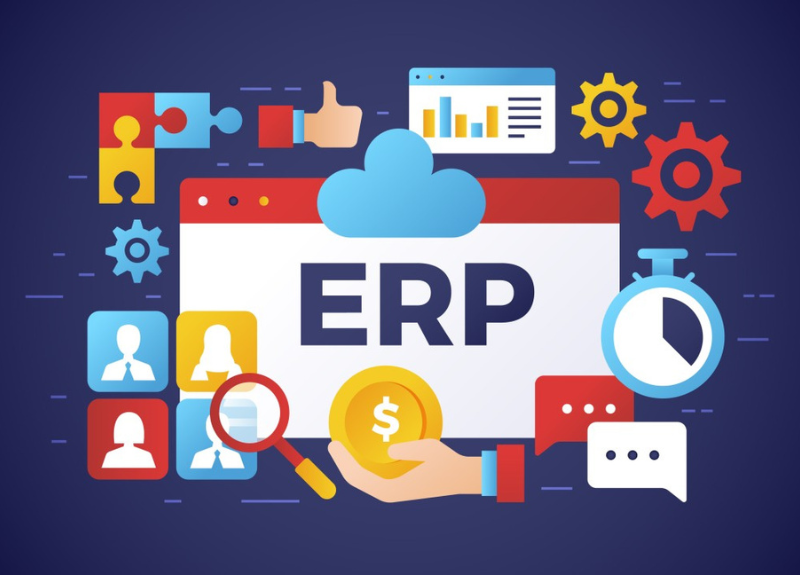Introduction: The Importance of Choosing the Right ERP System
Selecting the right ERP (Enterprise Resource Planning) system is a critical decision that can significantly impact your business’s efficiency, growth, and bottom line. With numerous options available in the market, choosing an ERP that aligns with your specific needs and objectives can be challenging. To help you make an informed decision, here are the five most important things to look for in ERP selection.
1. Customization and Flexibility
One size does not fit all when it comes to ERP systems. Every business has unique processes, workflows, and requirements, so it’s crucial to choose an ERP that offers customization and flexibility. Look for a solution that allows you to tailor modules, dashboards, and workflows to match your business needs without extensive coding or development.
– Tip: Ask the vendor about the level of customization available and whether it can be achieved through configuration or requires custom development. A flexible ERP can adapt to your current and future business requirements.
2. Scalability and Future-Proofing
As your business grows, your ERP system should be able to scale along with it. Scalability means the ERP can handle an increase in users, transactions, and data volume without sacrificing performance. Additionally, future-proofing involves choosing a solution that can accommodate new functionalities and technologies as they emerge.
– Example: Opt for a cloud-based ERP that offers easy scalability and regular updates to stay current with technological advancements.
3. Integration Capabilities
Your ERP should seamlessly integrate with your existing tools and platforms, such as CRM, HR, e-commerce, and supply chain management systems. This integration ensures a unified data flow across all business functions, eliminating silos, reducing manual work, and enhancing overall efficiency.
– Key Point: Check if the ERP offers APIs or connectors to integrate with other systems you currently use or plan to use in the future. Look for pre-built integrations to simplify the process.
4. User Experience and Ease of Use
A user-friendly ERP system is essential for maximizing user adoption and minimizing resistance to change. If the software is too complex or challenging to navigate, employees may be reluctant to use it, leading to underutilization and poor ROI.
– Benefit: A modern, intuitive interface reduces training time, minimizes errors, and boosts productivity. During the ERP selection process, request a demo or trial period to assess the system’s usability.
5. Vendor Reputation and Support
Choosing the right vendor is as important as choosing the right ERP system. The vendor’s reputation, experience, and customer support quality are critical factors to consider. A reliable vendor will offer comprehensive support during the implementation process and beyond, providing training, troubleshooting, and regular software updates.
– Expert Insight: Research the vendor’s history, customer reviews, and case studies to gauge their reliability and expertise. Ensure they offer ongoing support, training resources, and a robust customer service infrastructure.
Final Thoughts
When selecting an ERP system, focus on customization, scalability, integration capabilities, user experience, and vendor support. These factors will help ensure you choose an ERP solution that meets your current needs and adapts to your future growth, providing a solid foundation for efficiency, innovation, and long-term success.
